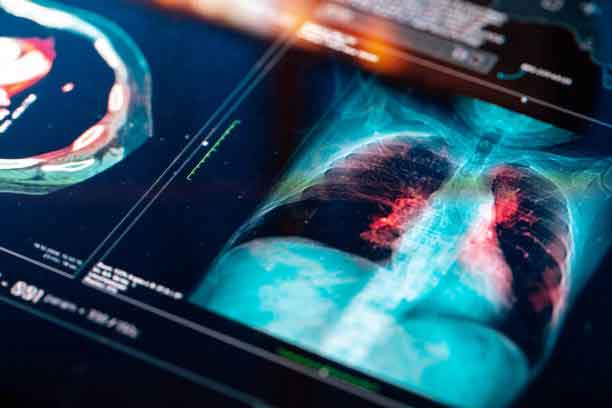Delhi, the bustling capital of India, is a city that boasts a rich tapestry of historical landmarks, vibrant culture, and cutting-edge technology. In recent years, Delhi has emerged as a frontrunner in healthcare, with numerous state-of-the-art cancer hospitals offering world-class treatments and innovative procedures. One area where Delhi’s medical facilities genuinely excel is in the realm of lung cancer surgery. In this blog, you will explore the advances in surgical techniques for lung cancer, focusing on minimally invasive approaches and how these cutting-edge procedures are revolutionizing lung cancer treatment in the cancer hospital in Delhi.
The Evolution of Lung Cancer Surgery
Traditionally, lung cancer surgery has been associated with extensive procedures,
large incisions, and lengthy recovery times. However, medical advancements in
recent years have led to the growth of minimally invasive surgical techniques,
significantly improving patient outcomes and revolutionizing lung cancer
treatment.
These innovative procedures offer numerous benefits, including reduced pain and
scarring, shorter hospital stays, and quicker recuperation times, enabling patients to
return to normal lives as soon as possible.
Minimally Invasive Approaches to Lung Cancer Surgery
Two primary minimally invasive surgical techniques are used in lung cancer
treatment: Video-Assisted Thoracoscopic Surgery (VATS) and Robotic-Assisted
Thoracic Surgery (RATS). Both approaches involve using small incisions and
advanced technology to perform the surgery, resulting in a less invasive approach
and a more comfortable experience for the patient.
Video-Assisted Thoracoscopic Surgery (VATS)
It is a minimally invasive surgical procedure that utilises a thoracoscope, a flexible
tube with a light and camera at its tip, to visualise the chest cavity. The surgeon
makes small incisions in the chest wall, through which the thoracoscope and
specialised surgical instruments are inserted. This allows the surgeon to perform
the necessary surgical procedures, such as removing a tumour or a portion of the
lung, without needing a large incision.
Some of the advantages of VATS include:
● Reduced pain and discomfort
● Minimal scarring
● Shorter hospital stays
● Quicker recovery times
● Lower risk of complications
● Robotic-Assisted Thoracic Surgery (RATS)
RATS is another minimally invasive approach to lung cancer surgery, which
involves using a sophisticated robotic system to perform the procedure. The
surgeon operates from a console, controlling the robotic arms that balance the
surgical instruments and camera. The robotic system provides enhanced precision,
flexibility, and control, allowing the surgeon to perform complex procedures with
increased accuracy and minimal tissue damage.
Some of the benefits of RATS include:
● Enhanced surgical precision
● Greater visualization of the surgical field
● Reduced blood loss and risk of complications
● Minimal scarring
● Faster recovery times
Delhi: A Pioneer in Minimally Invasive Lung Cancer Surgery
Delhi’s premier cancer hospitals have embraced the latest minimally invasive
surgical techniques for lung cancer treatment, offering patients the best possible
care and outcomes. With a team of skilled and experienced surgeons, state-of-the-
art facilities, and advanced technology, the cancer hospital in Delhi is at the
forefront of lung cancer surgery in India.
Suppose you or someone close to you has been diagnosed with lung cancer. In that
case, seeking treatment at the best cancer hospital in Delhi is essential, where you
can receive the most advanced surgical care and benefit from the latest minimally
invasive approaches. By opting for these innovative procedures, you can improve
your chances of a successful outcome and enjoy a faster recovery, allowing you to
return to your everyday life.
Wrapping up
In conclusion, the advances in surgical techniques for lung cancer, particularly
minimally invasive approaches, have revolutionised how this disease is treated.
These innovative procedures offer numerous benefits, including reduced pain,
minimal scarring, shorter hospital stays, and faster recovery times. Delhi's premier
cancer hospitals have been at the forefront of these developments, offering state-
of-the-art facilities and skilled surgical teams to provide the best possible care for
lung cancer patients.
